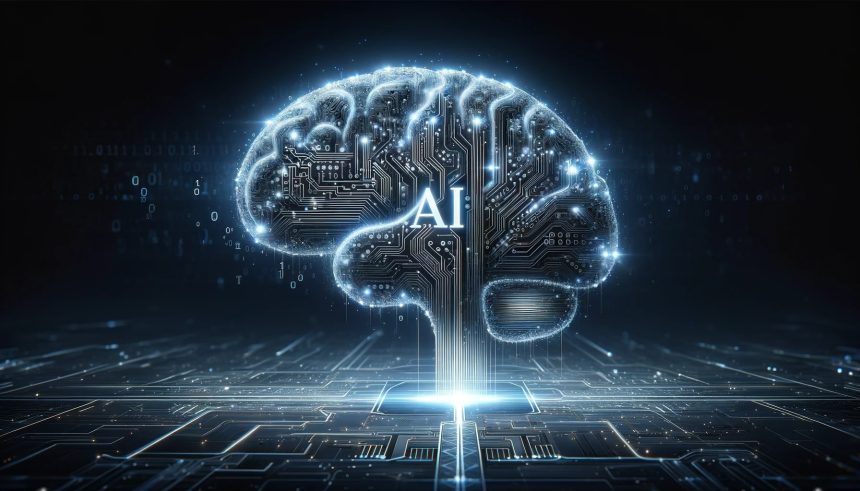Elon Musk’s company xAI has introduced its latest innovation, the Colossus AI training system, which has achieved a significant milestone in the realm of artificial intelligence. Dubbed the most powerful AI training cluster to date, Colossus has the potential to revolutionize the capabilities of AI technologies. This development marks a significant leap in AI training infrastructure, positioning xAI at the forefront of the industry. The system’s creation and rapid expansion reflect the growing competition and technological advancements in AI development.
Colossus’ scale and capabilities have been widely compared to prior systems. For instance, Google’s infrastructure uses 90,000 GPUs, and OpenAI employs 80,000 GPUs. These figures are already surpassed by xAI’s Colossus, and with plans to double its size, the system is set to further extend its lead. This expansion will incorporate Nvidia’s H200 model chips, enhancing its processing power. Nvidia’s Blackwell chip, introduced in March 2024, surpasses the H200 in specifications, highlighting the rapid evolution of AI hardware.
Unprecedented Scale and Power
Musk revealed that the xAI team activated the Colossus 100k H100 training cluster after a 122-day development process. He announced plans to double the system’s capacity over the next few months, increasing it to 200,000 GPUs, including 50,000 H200s.
“Over the next couple of months, it will double in size, bringing it to 200k (50k H200s),” Musk stated.
This expansion aims to further solidify Colossus’ status as the most powerful AI training system globally.
Partnership with Nvidia
The development of Colossus is a result of a collaboration between xAI and Nvidia, utilizing the latter’s advanced H100 and H200 model chips. The H200 model, featuring 141 GB of HBM3E memory and a bandwidth of 4.8 TB/sec, remains a preferred choice despite being succeeded by the Blackwell chip. Nvidia’s Blackwell chip offers even greater capabilities, with a 36.2% increase in top-end capacity and a 66.7% improvement in total bandwidth, illustrating the rapid pace of technological advancements.
“Exciting to see Colossus, the world’s largest GPU supercomputer, come online in record time,” Nvidia commented on the achievement, emphasizing the system’s remarkable performance and energy efficiency gains.
Colossus’ processing prowess is expected to significantly advance various AI applications, from natural language processing to complex problem-solving.
The unveiling of Colossus by xAI has not only set a new benchmark in the AI industry but also sparked discussions about the concentration of AI capabilities among leading tech firms. Smaller companies and researchers may find it increasingly challenging to access such advanced technologies. As the AI arms race intensifies, the industry will closely watch how xAI and its competitors utilize these powerful systems to push the boundaries of artificial intelligence.
The Colossus system represents a significant advancement in AI training infrastructure, underscoring the rapid pace of innovation in this field. As xAI continues to expand and enhance Colossus, the implications for AI development are profound. Researchers and industry leaders must navigate the evolving landscape of AI capabilities, balancing innovation with accessibility. The concentration of such advanced technology among a few well-funded entities highlights the need for broader access to these tools to ensure a diverse and competitive AI ecosystem.
- Elon Musk’s xAI unveiled the Colossus AI training system.
- Colossus surpasses Google’s and OpenAI’s GPU capacities.
- Collaborating with Nvidia, xAI plans to double Colossus’ size.










